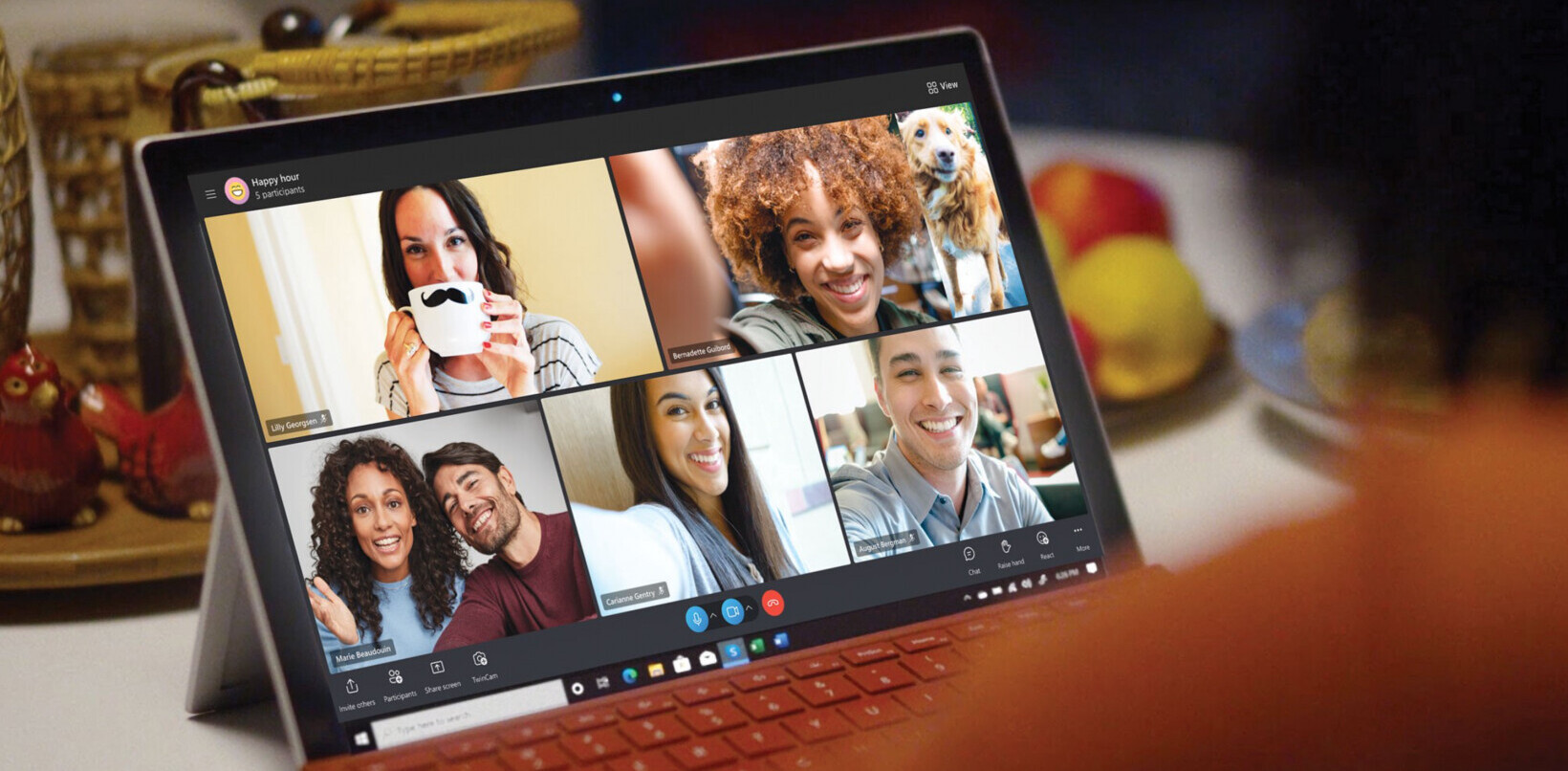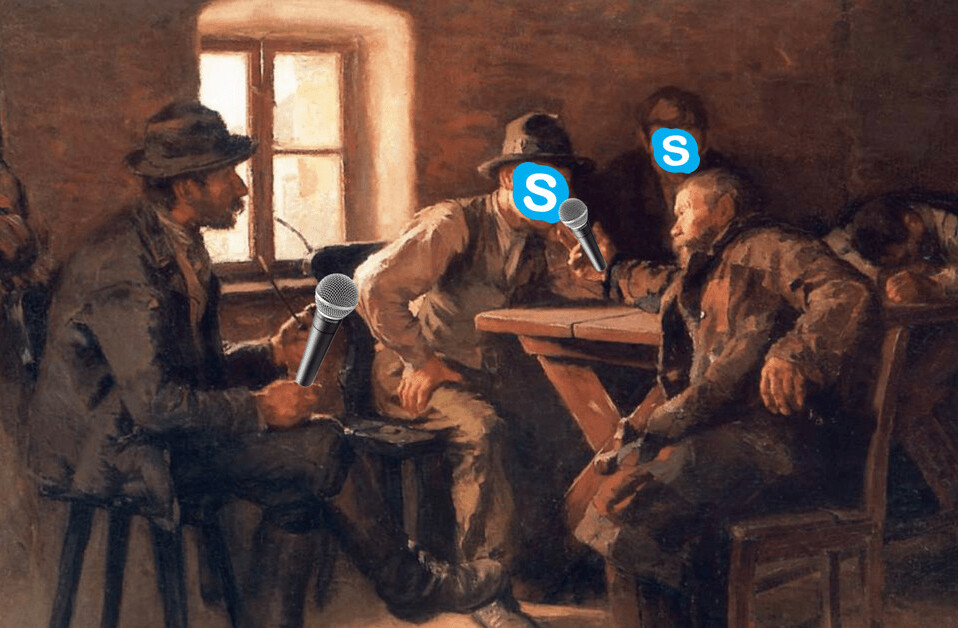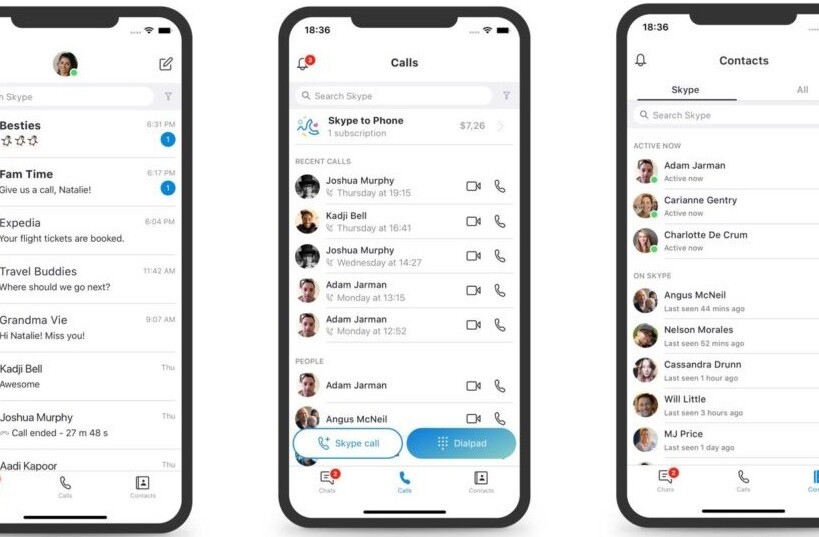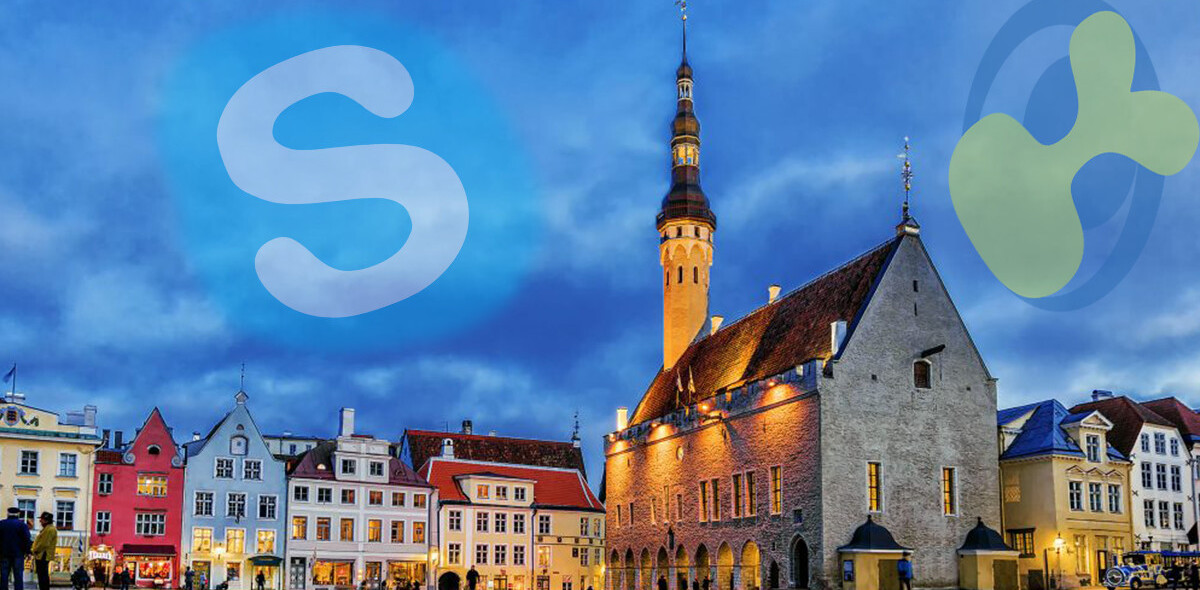![Gambia cracks down on ‘illegal’ VoIP services that threaten its mobile operators [Updated]](https://img-cdn.tnwcdn.com/image?fit=1280%2C720&url=https%3A%2F%2Fcdn0.tnwcdn.com%2Fwp-content%2Fblogs.dir%2F1%2Ffiles%2F2013%2F04%2Fskype.jpg&signature=8a9c2f186b57efdb1e1a685df5c0f6ec)
VoIP services like Skype and dating websites are the target of a government crackdown in Gambia where they have been deemed a threat to national mobile operators and telecom firms.
Update: PURA has told TNW that it will not be shutting down access to Skype or other VoIP service. The organization’s original message did seem that way, but it has now clarified that it will clamp down on individuals that sell VoIP services out of Internet cafés and other places, rather than the services themselves.
The country’s telecommunications watchdog, ‘Public Utilities Regulatory Authority’ (PURA), is aiming to stamp out use of the free services, which it claims are responsible for taking business from operators in the country and are therefore “illegal”. PURA regulates a range of industries in the country, including telecoms and communications.
The organization went public with its position on the free calling services and, also, Internet dating sites in a statement — via IT Web Africa:
It has come to its notice that there are companies and/or individuals operating through Internet cafés and offering dating services and Voice over Internet Protocol (VoIP) services as a commercially available service to the public in The Gambia. Therefore, all are hereby informed that such practices are not authorised.
Furthermore, PURA wishes to make it abundantly clear that the offering of ‘international and national Calling Services’ within Internet cafes using VoIP services (Viber, Skype, etc) is strictly prohibited.
Anyone who is engaged in this activity is depriving the country of the much needed revenue from international and national calls, required for the development of The Gambia.
The increased use of VoIP, and more recently mobile messaging, services that allow users to make calls for free gave rise to the theory that mobile and fixed-line telecom firms were losing out on valuable voice and SMS revenues. However, companies like WhatsApp — the messaging app with more than 200 users — have rebuffed such claims, instead saying that their services are helping users get hooked on mobile data services.
The argument in Gambia is on a more basic end of scale and concerned with a loss in revenue due to diminished volume of voice calls, both international and local.
The comments are not without parallels. Fellow Africa country Ethiopia outlawed Skype and VoIP services last year, a move thought to have been made to protect local operators, while Saudi Arabia banned VoIP services on account of national security.
Gambia has a population of 1.7 million people, but it is not clear how widely used Skype and other services are there. While the country has 100 percent mobile penetration, smartphone adoption remains low so most Skype activity will likely be on PCs, and at Internet cafés as the PURA statement suggests.
We contacted PURA for further information about its position on VoIP services.
Update: Here’s the PURA statement:
First of all, PURA would like to clarify that it has never released any statements to say that VoIP services are illegal in the Gambia.What PURA said in its press release dated 18th April 2013 is that companies and/or individuals operating through Internet Cafes are not authorized to offer international and national calling services on commercial basis using VoIP services.
Headline image via Mario Tama/Getty Images, hat tip @gwendolynregina
Get the TNW newsletter
Get the most important tech news in your inbox each week.





